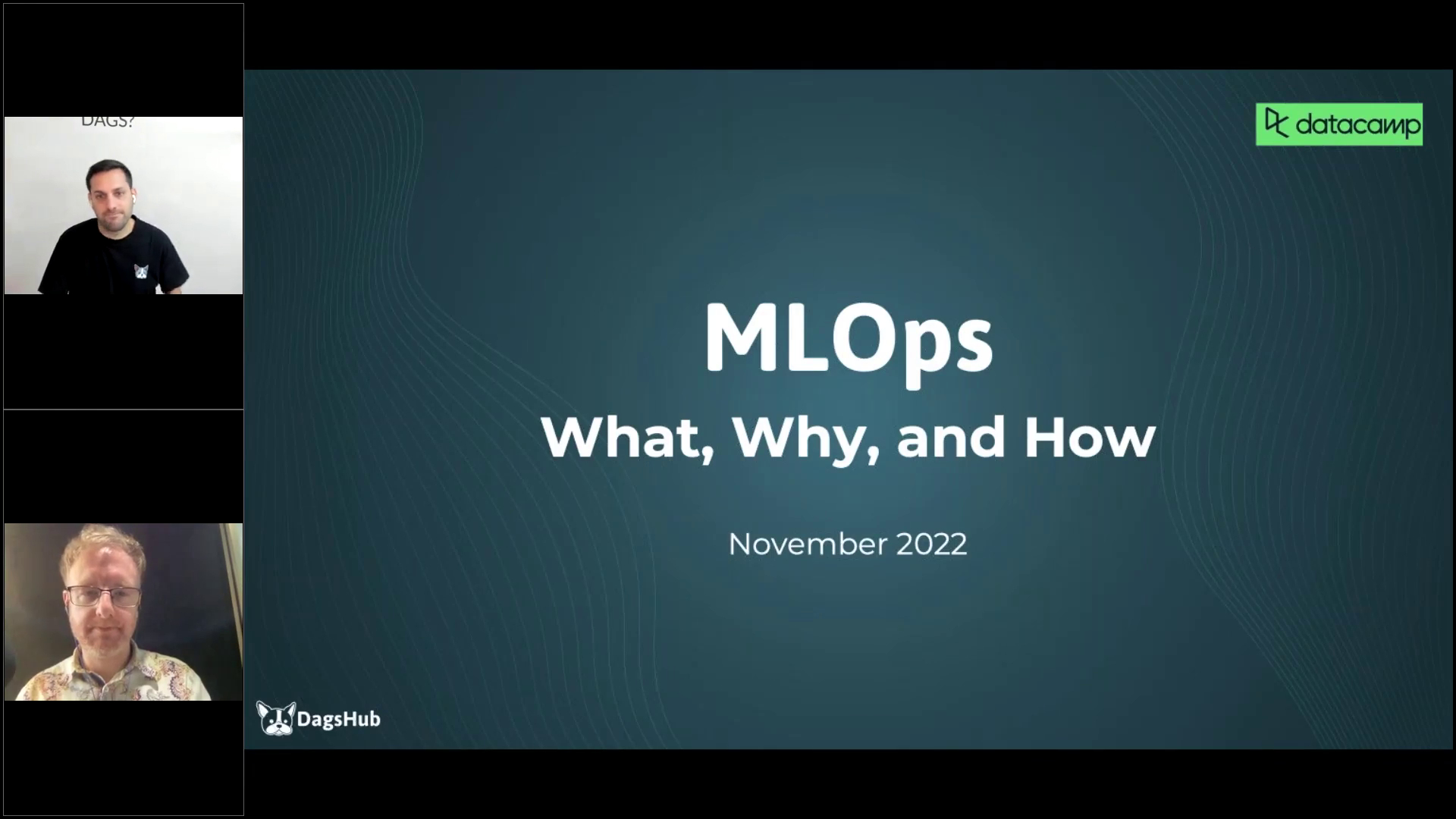Skip to main content





Related
The Definitive Guide to Machine Learning for Business Leaders
Craft a 21st-century data strategy to optimize business outcomes.webinar
A Practical Guide to MLOps
Learn how to begin your MLOps journey in your organizationwebinar
Building Operationalization Capabilities with DataCamp's MLOps Curriculum
In this insightful webinar, we will introduce you to DataCamp's comprehensive MLOps Curriculum designed for data leaders, practitioners, and enthusiasts alike.webinar
What Managers Need To Know About Machine Learning
Get real-world examples of how machine learning applies to business problems.webinar
A High-Level Approach for Solving MLOps Challenges
This talk will not discuss a specific MLOps tool, but instead present guidelines and mental models for how to think about the problems you and your team are facing, and how to select the best tools for the task.webinar
Manage Data Science Projects Effectively
Best practices in data science project managementJoin 5000+ companies and 80% of the Fortune 1000 who use DataCamp to upskill their teams.
Loved by thousands of companies

